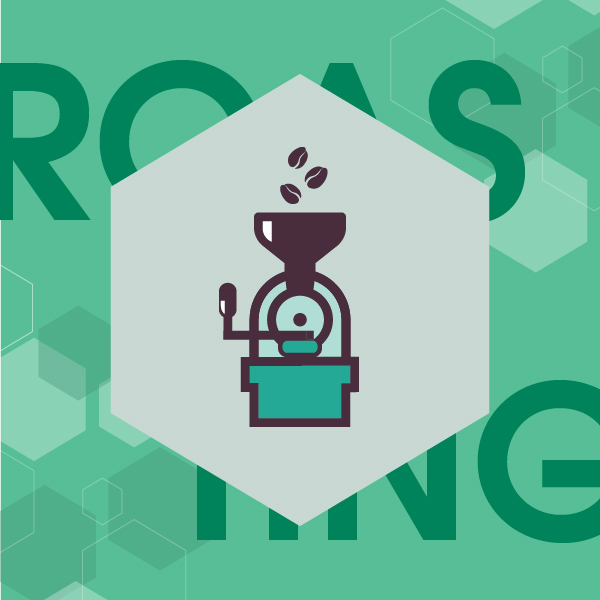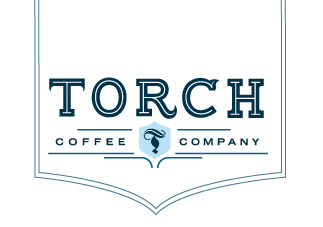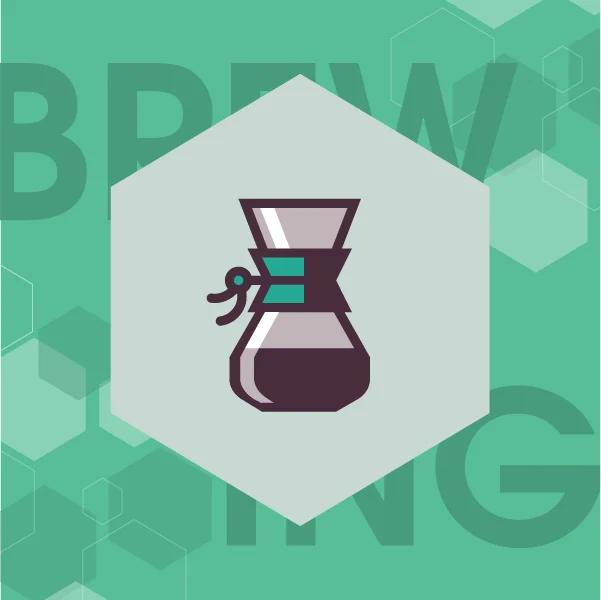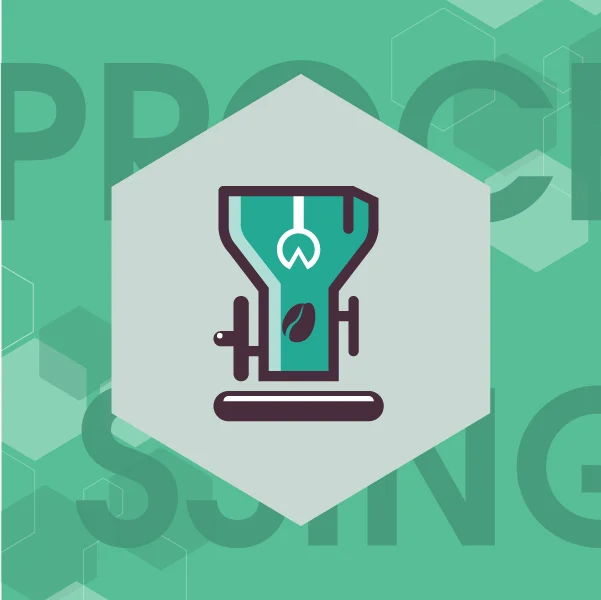
SCI Roasting Level 3
SCI ROASTING LEVEL 3
SCI Roasting Level 3 offers 2 tracks to help you hone your skills and learn more of the science behind your job.
Track 1 - Scientific Theory & Skills:
Explore more scientific theory & skills involving roast profiling for different types of beans and extraction methods; blending and advanced sensory analysis; and an indepth look at roast coffee quality improving programs.
Track 2 - Business:
Involves an in-depth look at how to apply sensory applications in running a successful roastery.
Extensive relevant experience is recommended before attempting this level.
Pre-requisite: SCI Sensory Level 2, SCI Roasting Level 2, SCI Green Coffee Level 2 (recommended only)



















